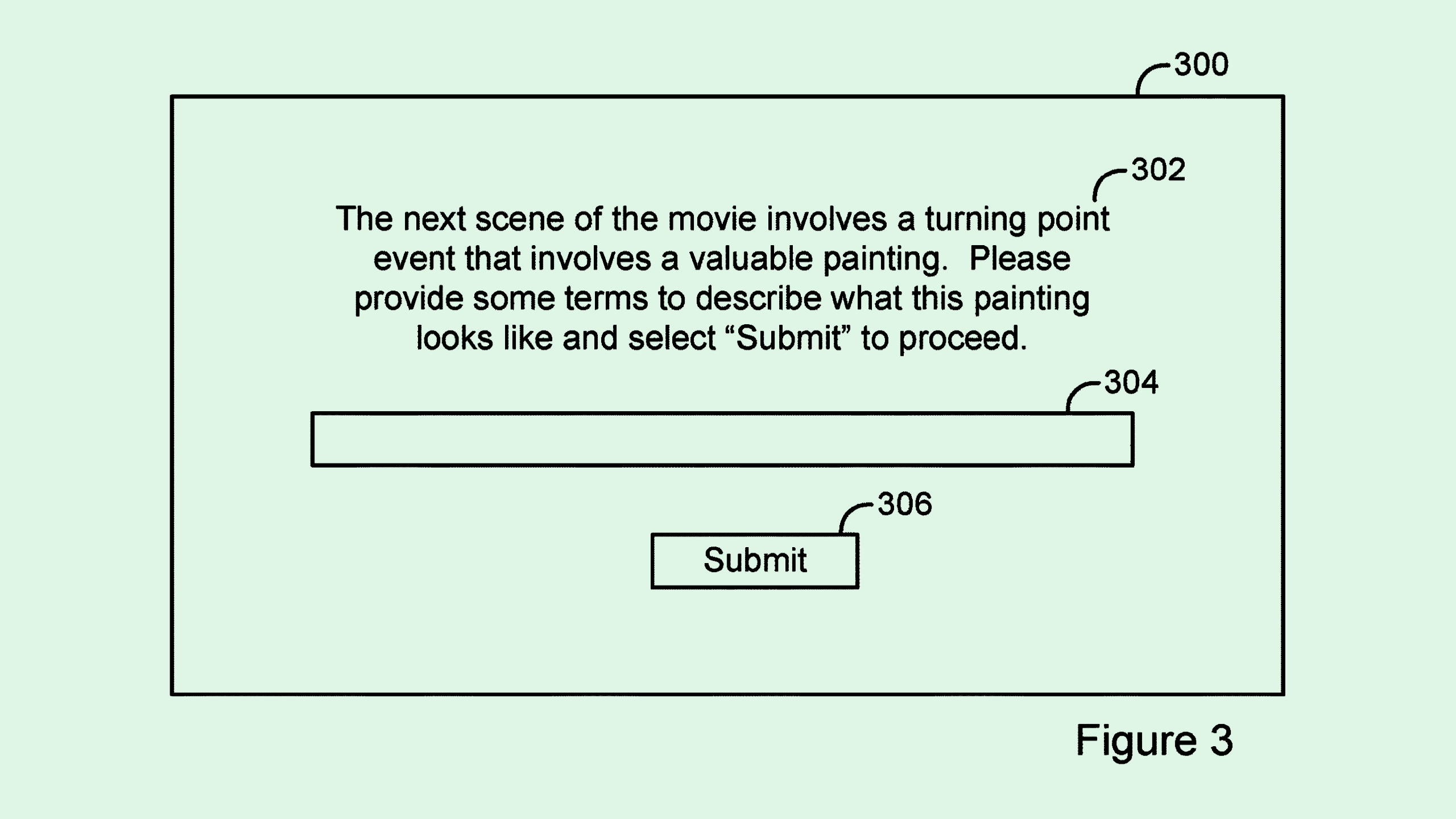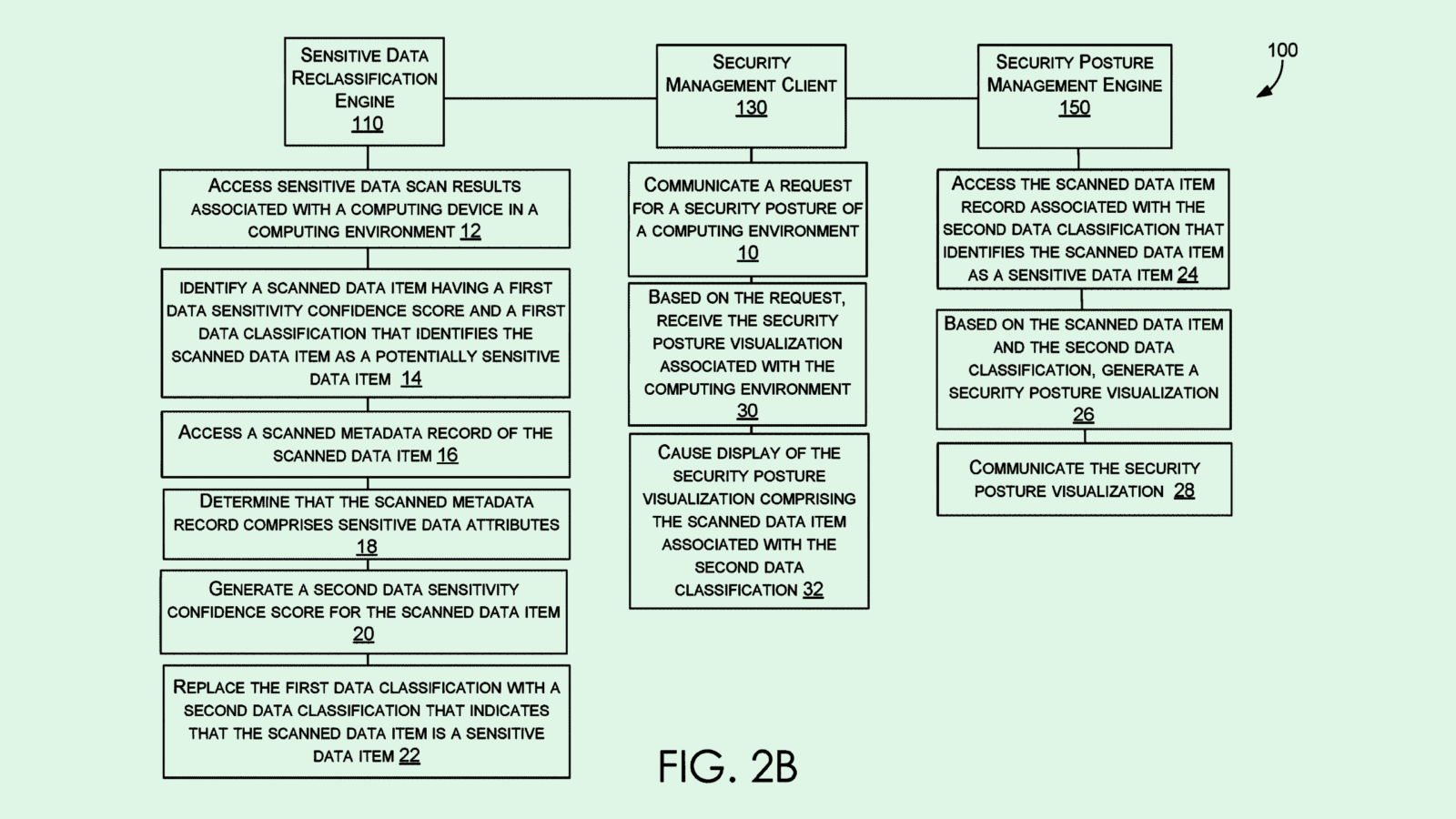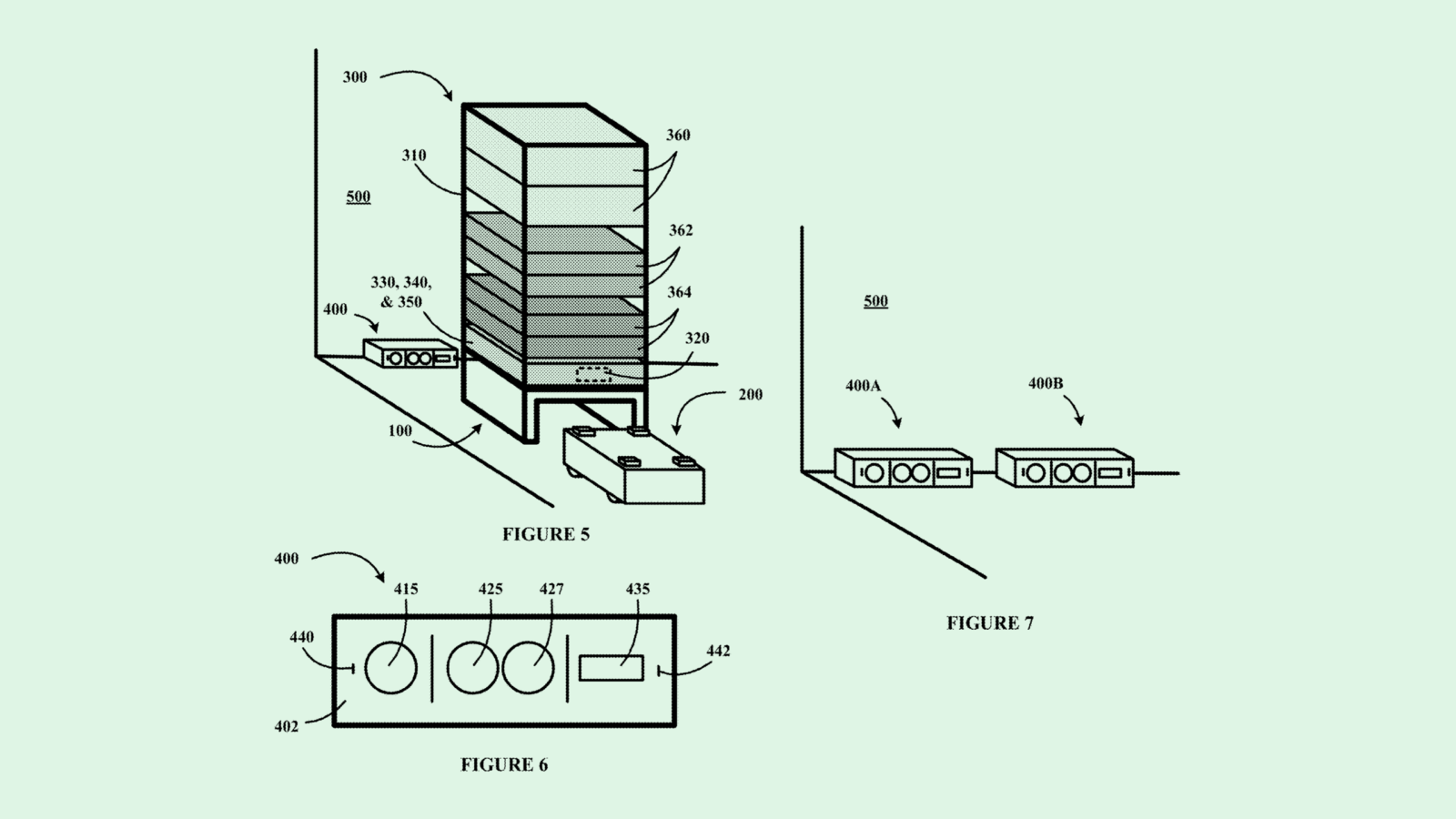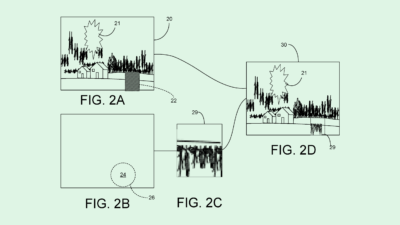Roku Personalization Patent Highlights AI’s Growing Role in Entertainment
Roku wants to personalize movie night with generative AI.

Sign up to uncover the latest in emerging technology.
Roku wants you to choose your own adventure.
The entertainment tech firm is seeking to patent a content system that includes a user input-based video content generation feature. Roku’s tech uses generative AI to allow users to fill in the blanks while watching content.
Personalization can create a far more engaging experience for a watcher, Roku noted in the filing. As it stands, personalization is often achieved through pre-recorded and pre-produced segments that the user can choose from. “Although this provides some level of customization, users may still not find the video content especially interesting or engaging,” Roku said.
Instead, Roku’s tech generates segments “on the fly” based on a user’s data, which includes both direct input from the user as well as geographic location, the time of day, current events, and more. This might be “presented as a ‘customize the story’ or ‘choose your own path’ video content experience or the like,” Roku noted.
To get this input, a user may be given a prompt related to the content they’re watching. For example, if an upcoming scene involves a painting, the user may be asked to describe what they want the painting to depict. That information is then fed to a deep neural network that can generate the customized video or audio.
Roku has previously taken an interest in dancing with AI. The company announced at the start of the year that it’s working on bringing AI-powered TVs into its lineup. Roku also previously sought to patent AI-based content emotion-reading technology to help match ads to content.
The filing highlights the growing partnership between generative AI and entertainment as the tech is continually woven into practically every industry, said Dan Goman, CEO and founder of media software firm Ateliere Creative Technologies. “AI has a role in every single stage of the content life cycle,” Goman said.
Bringing AI into the world of entertainment has come with its fair share of controversy: The nearly 150-day writers strike in Hollywood put up strong guardrails against the use of generative AI in the writer’s room.
But instead of replacing humans in creative processes, there are several processes where generative AI may stand to optimize entertainment, said Goman. One of those areas, as exemplified in Roku’s patent, is personalization.
With the rise of hyper-personalized social media algorithms serving up short-form content, Goman said, the average viewer’s media diet is quickly changing (and attention spans quickly shortening). Bringing that power to platforms like Roku, Netflix, or other streamers — and taking it a step beyond by personalizing not just the recommendations, but the content itself — could be “the next frontier,” said Goman.
“We’re now in an age where it’s all about narrow reach, and very specifically tailored content to my personal tastes,” he said. “Yes, there’s competition when it comes to other streaming services, but the other point here is that they’re competing with social media platforms. I think this is one of the ways that media companies can combat that.”











